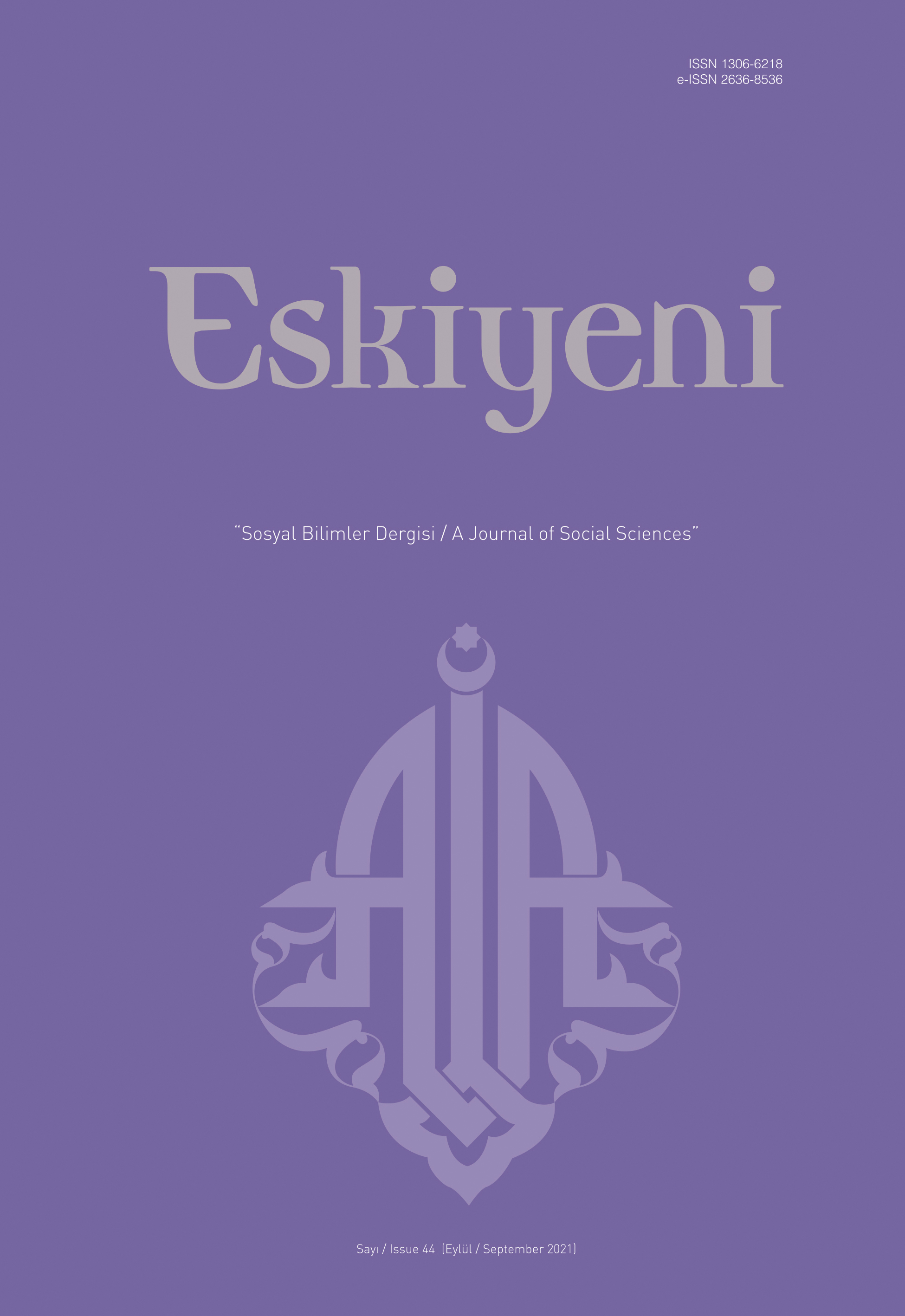Din Eğitimi Öğretmenlerinin Bilgi ve Dini Bilgi Anlayışları
Understanding of Knowledge and Religious Knowledge of Religious Education Teachers
Author(s): Cemal Tosun, Gülşen SayınSubject(s): Education, Theology and Religion
Published by: Anadolu İlahiyat Akademisi
Keywords: Religious Education; RCMK Teachers; AIHHS Vocational Course Teachers; Understanding of Knowledge; Understanding of Religious Knowledge;
Summary/Abstract: Religious knowledge has an encompassing dimension in the mental worlds and lives of individuals on the axis of beliefs. Religious knowledge does not only exist in terms of worship for believers, but it can also be a guide for the whole of life. Religious knowledge is frequently referenced in actions in daily life. In this respect, religious knowledge has a system that organizes daily life for individuals and realizes this through its worldview. The dimension of religious knowledge that comes to the fore in teaching processes also directly affects the worldview of religion and to what extent it reflects it. Although religious education in the education system is an educational activity that is handled with teaching methods and techniques, teachers can shape religious education processes with their understanding of religious knowledge. It can be said that religious education teachers’ understanding of religious knowledge affects what kind of religious teaching approach is adopted in religious teaching and the teaching methods and techniques used. Therefore, religious education teachers' understanding of knowledge and religious knowledge emerges as an element that shapes the boundaries of religious education processes in addition to the adopted educational philosophy, curriculum and content.In this study, it was aimed to examine the knowledge and religious knowledge understanding of the Religious Culture and Morals Knowledge (RCMK) course teachers and the vocational courses teachers at the Anadolu Imam Hatip High Schools (AIHHS) through their views. The working group consists of 21 RCMK teachers and AIHHS vocational courses teachers. Qualitative research method and interview technique was used in the study. The data were collected through interviews consisting of semi-structured questions. Content analysis was applied to the data obtained. In the research, the theme of “teachers understanding of knowledge and religious knowledge” has been discussed under the categories of “knowledge understandings, sources of religious knowledge” and "the distinction between knowledge and religious knowledge”. According to the results of the study, teachers evaluate knowledge and religious knowledge in the axis of Islamic knowledge. Therefore, knowledge and religious knowledge were handled by participants with a holistic approach. However, participants kept separate religious knowledge from other knowledge by emphasizing its functionality. Participants’ understood religious knowledge in practice, in a way that encompasses the whole of life and all knowledge. Participants evaluated knowledge on the basis of religious knowledge. In this sense, the participants’ understanding of religious knowledge includes their understanding of knowledge. In addition, based on the fact that religious knowledge is based on revelation, a separate sanctity, superiority and value has been attributed to religious knowledge compared to other knowledge.
Journal: Eskiyeni
- Issue Year: 2021
- Issue No: 45
- Page Range: 753-779
- Page Count: 27
- Language: Turkish

